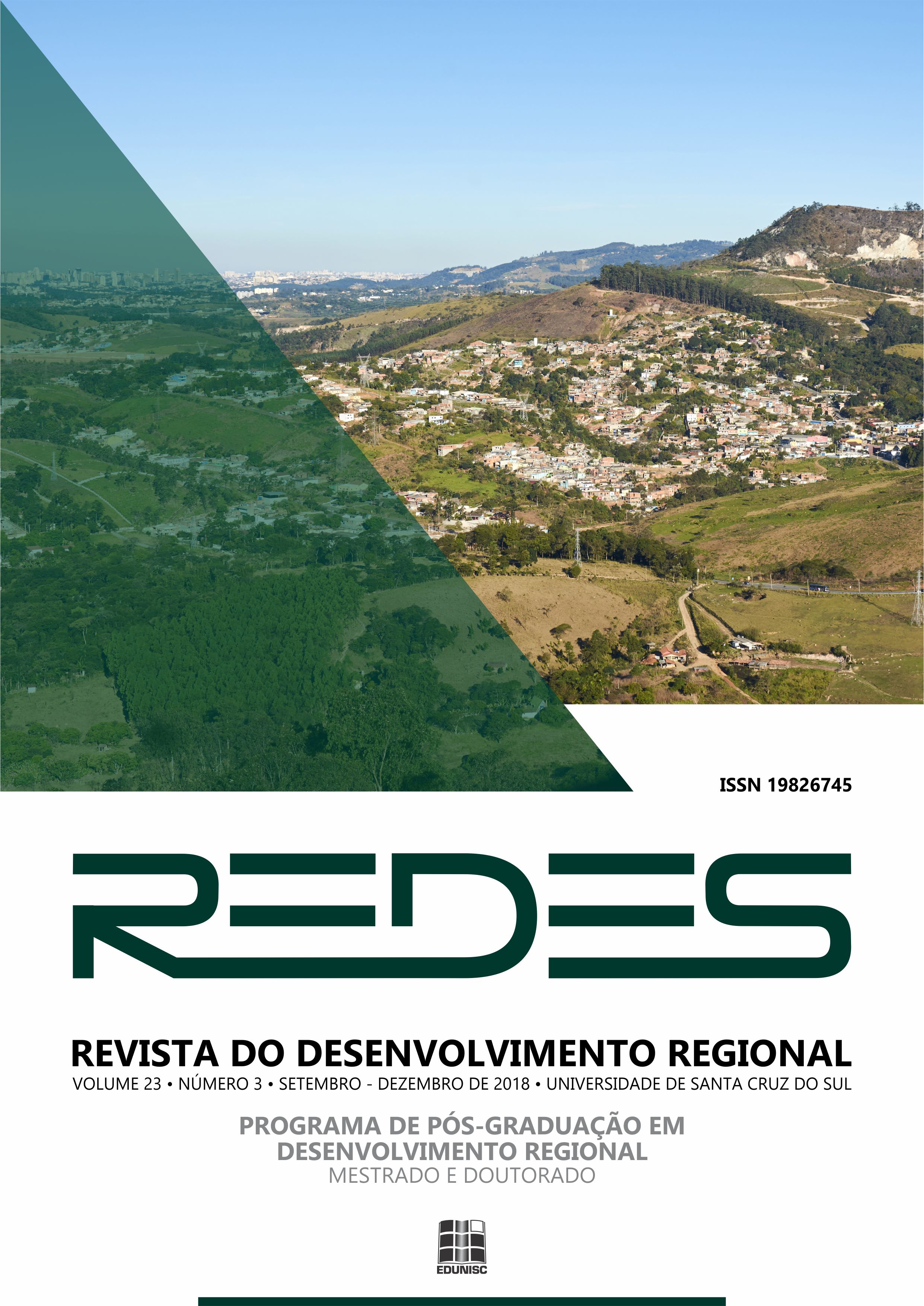Formation of Social Control Organism Groups in Quilombola Communities of Vale do Ribeira, SP: Case study of the São Pedro women's group
DOI:
https://doi.org/10.17058/redes.v23i3.9238Keywords:
Quilombola small-farmers. Legal regulation. Legal pluralism. Social control organism.Abstract
Agroecology is a science that establishes the dialogue between ecology and agronomy. This dialogue improves the formulation of new knowledge based on the social and environmental wealth of each locus, highlighting the agroecological processes formed at the interface among worldviews, theories and practices. The concept brings challenges to its operationalization in the field of policies once it is against the capitalist model of agricultural production. This is the case of the Organic Law and the Organic Conformity Brazilian Assessment System. This paper presents a reflection on the institutional arrangements created from the ideal of the State intervention, which aims to validate family production based on agroecology. This validation occurred through a Social Control Organism. The authors considered a case study of a specific group of quilombola farmers. To conduce the case, semi-structured interviews and analysis of related legislation were carried out. This regulation is an attesting mechanism for finding products and processes based on a trustful relationship between producer and consumer in short circuit trades. It also promotes a rupture in the current ways of thinking about legal regulation, whose hegemonic expression is influenced by the Western cultures. These cultures, for their turn, are inscribed in a context characterized by the State experiences with the opening of the legal tradition to legal pluralism. Nevertheless, it is concluded that this new legal category must be considered as a place of dispute according to the interest of State and society.Downloads
Download data is not yet available.
Downloads
Published
2018-09-12
How to Cite
Santos, K. M. P. dos. (2018). Formation of Social Control Organism Groups in Quilombola Communities of Vale do Ribeira, SP: Case study of the São Pedro women’s group. Redes , 23(3), 336-352. https://doi.org/10.17058/redes.v23i3.9238
Issue
Section
Articles



